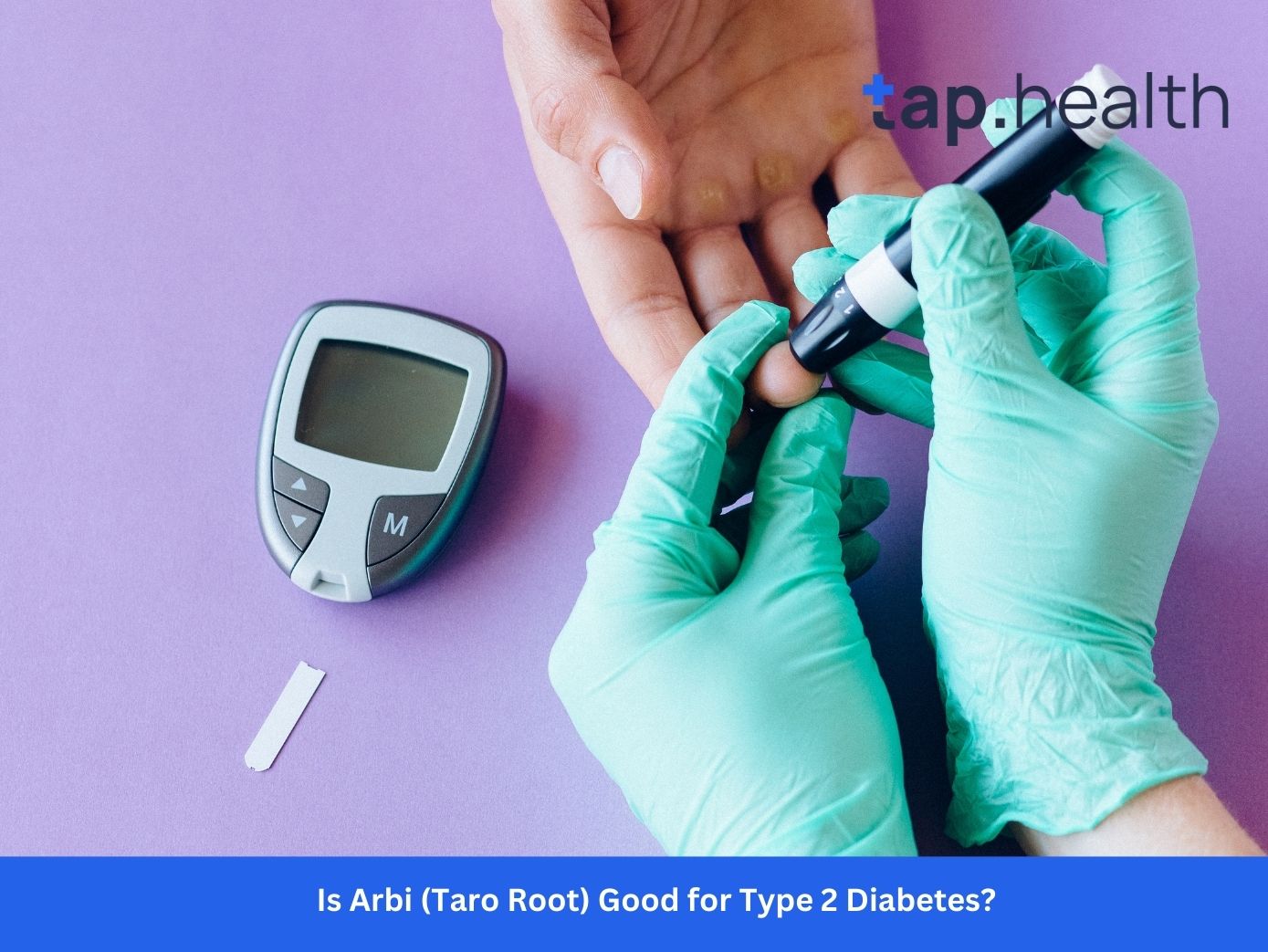Table of Contents
- Sharpen Your Mind: Memory Strategies for Diabetics
- 7 Ways to Boost Memory and Manage Diabetes
- Improve Cognitive Function: A Guide for Diabetics
- Diabetes & Memory Loss: Tips for Better Recall
- Combat Memory Issues: Nutrition for Diabetic Patients
- Frequently Asked Questions
- References
Living with diabetes can sometimes feel like navigating a maze, and remembering appointments, medication schedules, and even simple daily tasks can become surprisingly challenging. But what if we told you there are ways to sharpen your focus and significantly improve your memory? This blog post explores Boosting Your Memory: 7 Strategies for People with Diabetes, offering practical, easy-to-implement techniques to help you regain clarity and control. We’ll delve into lifestyle changes and cognitive exercises designed specifically to address memory concerns often associated with diabetes. Let’s unlock your brain’s full potential together!
Sharpen Your Mind: Memory Strategies for Diabetics
Managing diabetes effectively is crucial, not just for physical health, but also for cognitive well-being. Studies show that a significant portion of the global diabetic population, 61% are aged between 20-64 years, indicating the importance of proactive memory care across a wide age range. This is particularly relevant in Indian and tropical countries where diabetes prevalence is high. Let’s explore practical strategies to boost your memory.
Control Your Blood Sugar
Maintaining stable blood glucose levels is paramount. Fluctuations can directly impact brain function and memory. Regular blood sugar monitoring, following your prescribed diet plan, and consistently taking medication (as advised by your doctor) are key. In tropical climates, managing hydration is also crucial as dehydration can exacerbate blood sugar issues and affect cognitive function.
Prioritize Healthy Eating
A balanced diet rich in fruits, vegetables, and whole grains supports brain health. Focus on foods low in saturated fats and trans fats, often found in processed foods common in many regions. Incorporate foods rich in antioxidants and omega-3 fatty acids, beneficial for cognitive function. For specific food recommendations, check out our blog on Brain-Boosting Foods for Better Focus and Memory. Consult a nutritionist for a personalized diet plan considering your regional dietary habits.
Engage Your Brain
Regular mental stimulation is essential. Engage in activities like reading, puzzles, learning new skills (like a new language), or playing memory games. This keeps your brain active and strengthens cognitive abilities. Consider joining a local group for social interaction and shared learning opportunities, contributing to both mental and social well-being.
Prioritize Sleep
Adequate sleep is crucial for memory consolidation. Aim for 7-8 hours of quality sleep each night. Establish a regular sleep schedule and create a relaxing bedtime routine.
Manage Stress
Chronic stress negatively impacts memory. Incorporate stress-reducing techniques like yoga, meditation, or deep breathing exercises into your daily routine.
Stay Active
Regular physical activity improves blood flow to the brain, enhancing cognitive function. Aim for at least 30 minutes of moderate-intensity exercise most days of the week. Consider activities appropriate for the tropical climate, such as early morning or evening walks.
Regular Check-ups
Regular visits to your doctor and specialist are essential for monitoring your diabetes and addressing any potential cognitive concerns early on. Early detection and management are crucial, especially for those in the 39% aged 65+ demographic. Don’t forget the importance of regular eye exams as well; read more about protecting your vision in our article on How to Protect Your Vision with Diabetes: Essential Eye Care Tips.
Remember, adopting these strategies can significantly improve your memory and overall well-being. Consult your healthcare provider for personalized advice tailored to your specific needs and regional context.
7 Ways to Boost Memory and Manage Diabetes
Managing diabetes effectively is crucial, especially considering that women in India and tropical regions face a 40% higher risk of heart disease compared to men with diabetes. This increased risk highlights the importance of maintaining overall health, including cognitive function. A sharp mind is vital for managing your condition effectively. Fortunately, several strategies can help boost memory and improve cognitive health.
Prioritize Blood Sugar Control
Maintaining stable blood sugar levels is paramount. Fluctuations can directly impact brain function and memory. Regular monitoring, medication adherence (as prescribed by your doctor), and a balanced diet are key to achieving this. Consider incorporating traditional Indian spices known for their blood sugar-regulating properties, such as cinnamon or turmeric, into your meals.
Embrace a Healthy Diet
A diet rich in fruits, vegetables, whole grains, and lean protein is essential. This provides the nutrients your brain needs to function optimally. Minimize processed foods, sugary drinks, and unhealthy fats. Consult a nutritionist specializing in diabetic diets for personalized guidance tailored to the climate and dietary habits of your region. For more comprehensive tips on diabetes management, check out 10 Proven Tips for Effective Diabetes Management.
Stay Active
Regular physical activity improves blood circulation, benefiting both physical and cognitive health. Aim for at least 30 minutes of moderate-intensity exercise most days of the week. Choose activities you enjoy, such as yoga, brisk walking, or dancing, which are easily incorporated into daily life in many Indian and tropical settings.
Prioritize Sleep
Adequate sleep is vital for memory consolidation. Aim for 7-8 hours of quality sleep each night. Establish a relaxing bedtime routine and create a conducive sleep environment to improve sleep quality.
Manage Stress
Chronic stress can negatively affect memory and overall well-being. Incorporate stress-reducing techniques like meditation, deep breathing exercises, or spending time in nature. Connecting with your support network is also crucial.
Stimulate Your Mind
Engage in mentally stimulating activities like reading, puzzles, or learning a new skill. These activities help keep your mind sharp and improve cognitive function.
Regular Check-ups
Regular visits to your doctor and specialist are vital for monitoring your diabetes and addressing any cognitive concerns promptly. Early detection and intervention are key to managing diabetes and maintaining cognitive health. Don’t hesitate to discuss any memory issues with your healthcare provider. Maintaining a strong immune system is also important, and you can learn more about that in our article, Boosting Immunity While Managing Diabetes.
Remember, taking proactive steps towards better memory and diabetes management is an investment in your long-term health and well-being. Speak to your doctor or a qualified healthcare professional in your region to create a personalized plan that works best for you.
Improve Cognitive Function: A Guide for Diabetics
Diabetes significantly impacts cognitive function, contributing to a concerning 9-12% loss in work productivity across many nations, including India and other tropical countries, due to complications and absenteeism. Maintaining sharp mental acuity is crucial for overall well-being, especially in regions where healthcare access might be limited. This guide offers practical strategies to improve your memory and brain health if you live with diabetes.
Prioritize Blood Sugar Control
The most impactful step in protecting your brain health is tightly managing your blood sugar levels. Consistent monitoring and adherence to your prescribed medication and diet plan are paramount. Fluctuations in blood glucose directly affect brain function, leading to memory lapses and cognitive decline. Regular check-ups with your doctor are essential.
Embrace a Healthy Diet
A balanced diet rich in fruits, vegetables, whole grains, and lean protein is vital. In many Indian and tropical regions, access to fresh, nutrient-rich foods is key. Focus on foods low in saturated and trans fats, and limit processed foods and sugary drinks. Consider incorporating traditional, locally sourced ingredients known for their brain-boosting properties. For more ideas on foods that can benefit your brain, check out Brain-Boosting Foods for Cognitive Health.
Stay Active
Regular physical activity improves blood circulation, which benefits brain health. Even moderate exercise, like brisk walking or yoga, can make a difference. Incorporating activities suitable for the tropical climate, like swimming or early morning walks, can enhance adherence. Learn more about the connection between physical activity and brain health in our article: Physical Activity and Cognitive Function: Boost Your Brain Health.
Prioritize Sleep
Sufficient sleep is essential for memory consolidation and cognitive function. Aim for 7-8 hours of quality sleep each night. Establish a regular sleep schedule and create a relaxing bedtime routine.
Manage Stress
Chronic stress can negatively impact cognitive function. Practice stress-reducing techniques such as meditation, deep breathing exercises, or yoga. Connecting with supportive social networks can also be beneficial. In many cultures, strong social support networks are vital to overall well-being.
Stimulate Your Mind
Engage in mentally stimulating activities like puzzles, reading, or learning a new skill to keep your mind sharp. This is equally important in any region.
Regular Check-ups are Key
Regular check-ups with your doctor and specialist are crucial for monitoring your diabetes and its impact on your cognitive function. Early detection and management of complications can significantly improve your quality of life. Don’t hesitate to seek medical advice if you experience any cognitive changes.
Diabetes & Memory Loss: Tips for Better Recall
Experiencing memory lapses? For individuals with diabetes in India and other tropical countries, this is a significant concern. Diabetes is linked to a 70% increased risk of sleep apnea and related sleep disorders, which can significantly impact cognitive function and memory. Managing blood sugar levels effectively is crucial for preserving brain health. Poorly controlled blood sugar can damage blood vessels supplying the brain, affecting memory and cognitive processes.
Prioritize Blood Sugar Control
Maintaining stable blood glucose levels is paramount. Regular monitoring, adhering to your prescribed medication, and following a balanced diet are key. Consulting with your doctor or a certified diabetes educator for personalized guidance tailored to your specific needs and regional dietary habits is essential. Consider incorporating traditional Indian spices known for their anti-inflammatory properties into your meals, potentially aiding in blood sugar regulation. Avoiding 5 Common Mistakes People Make in Managing Diabetes is also crucial for maintaining good blood sugar control.
Improve Sleep Hygiene
Addressing sleep apnea, a common complication linked to diabetes, is critical for better memory. Prioritize a regular sleep schedule, maintain a comfortable sleep environment, and consider strategies to improve sleep quality, such as practicing relaxation techniques before bed. Consult your physician about sleep apnea testing if you experience snoring, daytime sleepiness, or pauses in breathing during sleep.
Engage Your Brain
Regular mental stimulation is crucial for brain health. Engage in activities like puzzles, reading, or learning a new skill to challenge your cognitive abilities and improve memory recall. Social interaction also plays a crucial role in maintaining cognitive function.
Healthy Diet & Lifestyle
A balanced diet rich in fruits, vegetables, and whole grains is vital. Incorporate regionally available fresh produce into your meals. Regular physical activity also plays a significant role in improving overall health and cognitive function. Aim for at least 30 minutes of moderate-intensity exercise most days of the week. Remember that even subtle changes in your senses, such as those described in Can Diabetes Cause Loss of Taste and Smell?, can impact your overall well-being and should be addressed.
These strategies offer a holistic approach to improving memory for individuals with diabetes in India and tropical regions. Remember, consistent effort and professional guidance are key to successful management. Consult your doctor to create a personalized plan that addresses your specific needs and enhances your cognitive well-being.
Combat Memory Issues: Nutrition for Diabetic Patients
Good blood sugar control is about more than preventing complications—it’s also vital for protecting brain health and memory. Many people with diabetes in India and other tropical countries report memory problems, often linked to diabetic neuropathy, a condition affecting 30–50% of patients. Since nerve damage can influence not only physical functions but also cognitive abilities, paying attention to nutrition becomes especially important.
Prioritize Blood Sugar Control
The first step in protecting memory is keeping blood glucose stable. This includes:
-
Monitoring sugar levels regularly
-
Following prescribed medications
-
Maintaining a balanced diet
-
Staying active to improve insulin sensitivity
Together, these habits reduce the risk of complications like neuropathy and memory decline.
Focus on Nutrient-Rich Foods
Certain foods can directly support brain health and slow down memory-related issues:
-
Antioxidant-rich foods: Berries, spinach, and other leafy greens protect brain cells from damage.
-
Omega-3 fatty acids: Found in fish like salmon, sardines, and mackerel, these fats are linked to improved brain function.
-
Spices with benefits: Turmeric, a staple in Indian cuisine, contains curcumin, known for its anti-inflammatory and neuroprotective effects.
Limit Processed Foods and Sugar
Foods high in sugar, refined carbs, and unhealthy fats cause blood sugar spikes that can worsen memory problems. Instead, choose:
-
Whole grains such as brown rice, oats, and millets
-
Lean proteins like pulses, fish, and chicken
-
Healthy fats from nuts, seeds, and olive oil
This shift is especially crucial in tropical regions, where access to packaged, processed foods is often high.
Stay Hydrated
Even mild dehydration can impair memory and focus. Make it a habit to drink enough water daily, particularly in hot and humid climates where fluid loss is greater.
Consult a Healthcare Professional
Every person’s nutritional needs are different. A doctor or registered dietitian familiar with managing diabetes in tropical climates can:
-
Customize your meal plan
-
Suggest foods to support memory and nerve health
-
Guide you on safe supplement use
Key Takeaway
Managing diabetes proactively means protecting both physical and cognitive health. By keeping blood sugar in check, eating nutrient-dense foods, avoiding processed options, and staying hydrated, you can take meaningful steps toward reducing memory issues linked to diabetes and neuropathy. With the right guidance, a brain-friendly diet can help you stay sharp, active, and healthy.
Frequently Asked Questions
Q1. How can I improve my memory if I have diabetes?
Focus on managing your blood sugar through monitoring, medication, and a balanced diet with plenty of fruits, vegetables, whole grains, and omega-3 fatty acids. Regular exercise, sufficient sleep, stress management (yoga, meditation), and mental stimulation (puzzles, learning) are also key.
Q2. What dietary changes can help my memory?
Eat a diet rich in fruits, vegetables, whole grains, and omega-3 fatty acids. Reduce processed foods and saturated fats. A nutritionist can help create a personalized plan.
Q3. Besides diet, what else can I do to boost my memory?
Regular physical activity (at least 30 minutes most days), 7-8 hours of sleep, stress management techniques (like yoga or meditation), and mentally stimulating activities (puzzles, learning) are all beneficial.
Q4. Are there any specific concerns for diabetics in tropical climates?
Yes, staying well-hydrated is especially important in tropical climates. The higher prevalence of diabetes and related cognitive decline in these regions makes regular medical check-ups crucial for early detection of complications.
Q5. How often should I see my doctor for memory-related concerns?
Regular medical check-ups are essential for early detection of complications. Your doctor can provide personalized advice and monitor your progress.
References
- What is Diabetes: https://www.medschool.lsuhsc.edu/genetics/docs/DIABETES.pdf
- A Practical Guide to Integrated Type 2 Diabetes Care: https://www.hse.ie/eng/services/list/2/primarycare/east-coast-diabetes-service/management-of-type-2-diabetes/diabetes-and-pregnancy/icgp-guide-to-integrated-type-2.pdf



